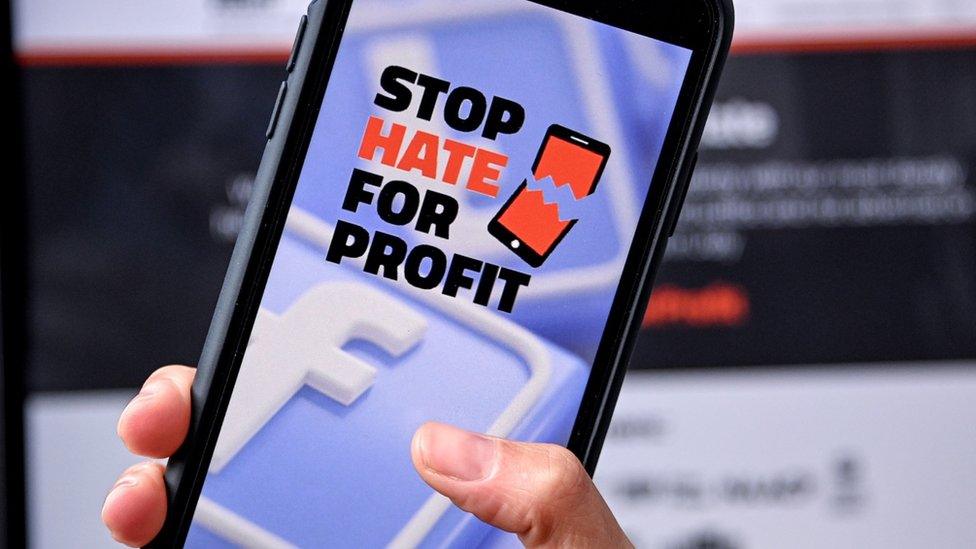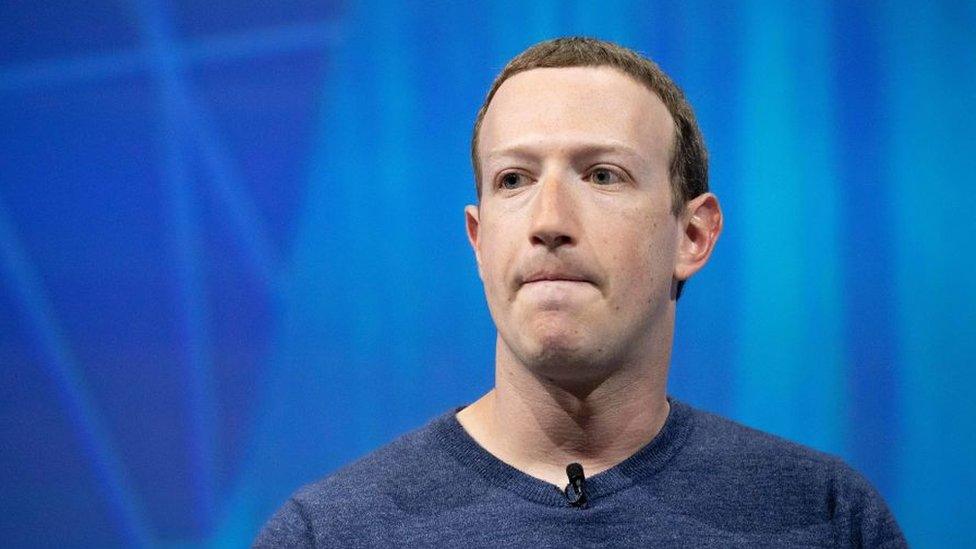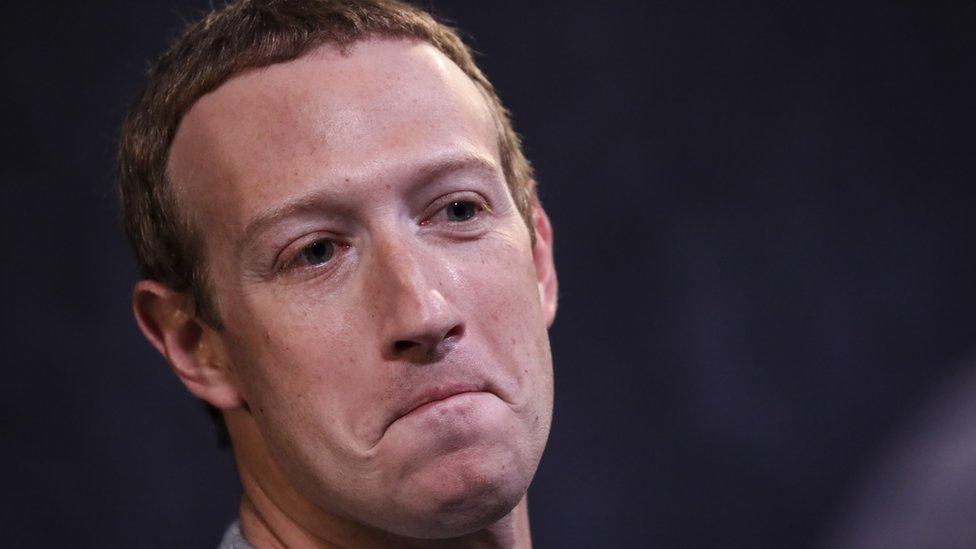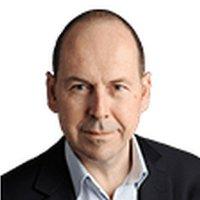Tech Tent: Facebook's ad agony
- Published

Another week, another Facebook crisis, and this feels like a big one - leading brands from Lego to Coca-Cola have decided they are uncomfortable selling their wares on the social network.
This week’s Tech Tent asks whether this is just a blip or signals a permanent cooling of the relationship between Facebook and the advertisers on which its business depends.

Listen every Friday at 15:00 GMT on the BBC World Service
A week ago it felt as though the boycott, organised by the Stop Hate for Profit campaign, might attract a few companies such as North Face and Patagonia with a record of speaking out on ethical issues but would be ignored by bigger advertisers.
Belinda Smith, a diversity campaigner who has worked as a senior marketing executive at firms like Electronic Arts and AT&T, tells us she did not expect it to take off in the way it did.
“It was the usual suspects who tend to take a stance on social topics," she said.
"I know from my career that turning off an entire media platform is an agonising decision - especially something as powerful as Facebook, which has really become central to many marketers' plans, something that has great returns and is a powerful growth engine for them.”
Even though she has been working with several brands on their reaction to the Black Lives Matter movement she was surprised to see the boycott attract so much support.
But she wonders whether the advertising industry is simply uncomfortable about being associated with hateful content rather than thinking longer-term.
“We seem to discover something that is unsavoury and then we want to figure out how to... patch that thing up, instead of asking much deeper questions on how these platforms work, how they're monetised, and how they incentivise users.”

Mark Zuckerberg's handling of the row has been criticised
Facebook’s senior executives only seemed to wake up to this crisis in the last few days, taking to the airwaves to insist that it was completely wrong to think they kept hateful content on the site because it made money for the company.
“When there is hate in the world, there will also be hate on Facebook,” European vice-president Steve Hatch told the BBC this week, while insisting the company was doing its utmost to stamp it out.
That might not wash with advertisers, who have seen Twitter put warning labels on President Trump’s tweets, while Facebook allows identical material to appear without comment.
Belinda Smith reckons the different responses from the two social media firms reflect the fact that their two leaders, Mark Zuckerberg and Jack Dorsey, are very different people.
”They have a different, ethos and those values and those viewpoints and perspectives on the world really trickle all the way down through every piece of your business.”
Of course, the irony is that even if Jack Dorsey is seen as taking a tougher line on hateful content, this might not do Twitter any good.
A number of the brands joining the Facebook boycott have said they will also halt their spending on other social-media platforms, including Twitter.
Financial impact
In any case, it is far from clear that Facebook will face much financial damage, seeing as most of its revenue comes from small businesses, which will not be joining the boycott.
Its investors don’t seem too worried - after an initial lurch downwards, the share price is now nearly back to the heights it hit before this latest crisis.
But that does not mean that Mark Zuckerberg or the wider tech industry can ignore the issues raised since the killing of George Floyd.
“If Silicon Valley wasn't so white and male and privileged, maybe we would have other solutions and other platforms and ways to promote different content, “ says Belinda Smith.
Mark Zuckerberg seems disinclined to change course, if his remarks at a staff meeting about advertisers soon returning have been accurately reported.
But he has dismissed concerns before about his company’s allegedly malign influence - remember how “crazy” he said it was to think fake news on Facebook had swayed the US election in 2016?
Don’t be surprised if he turns up in front of another congressional committee to apologise again for getting things wrong.
Also on this week’s programme:
Singapore’s contact-tracing app was a trailblazer but turned out to be pretty ineffective - now it is giving all citizens a wearable dongle to do the same job. We hear how that is being received
And we meet the simulation company helping cities plan transport systems - born after one of its founders heard an item on…….Tech Tent.
- Published29 June 2020

